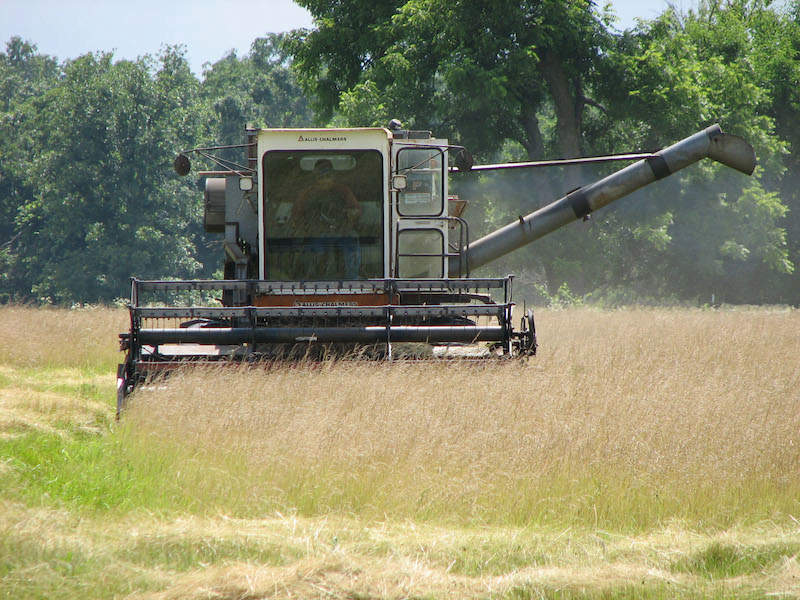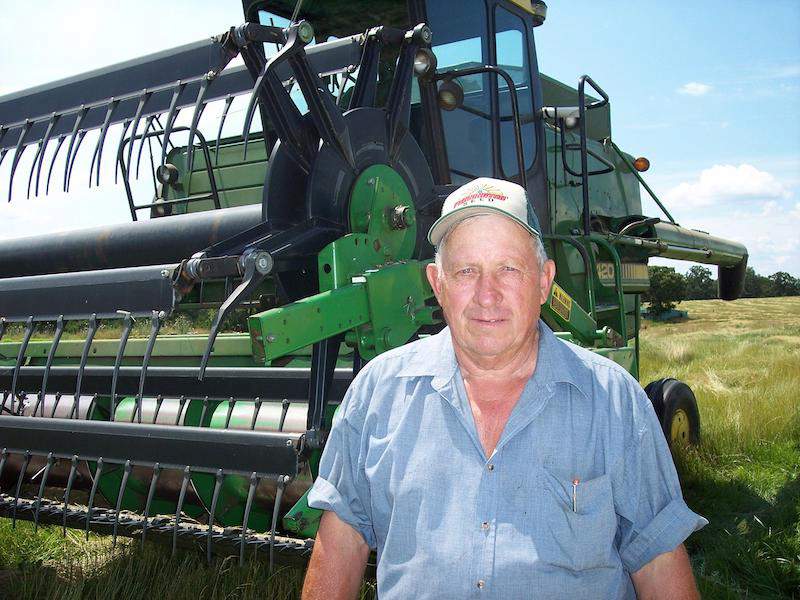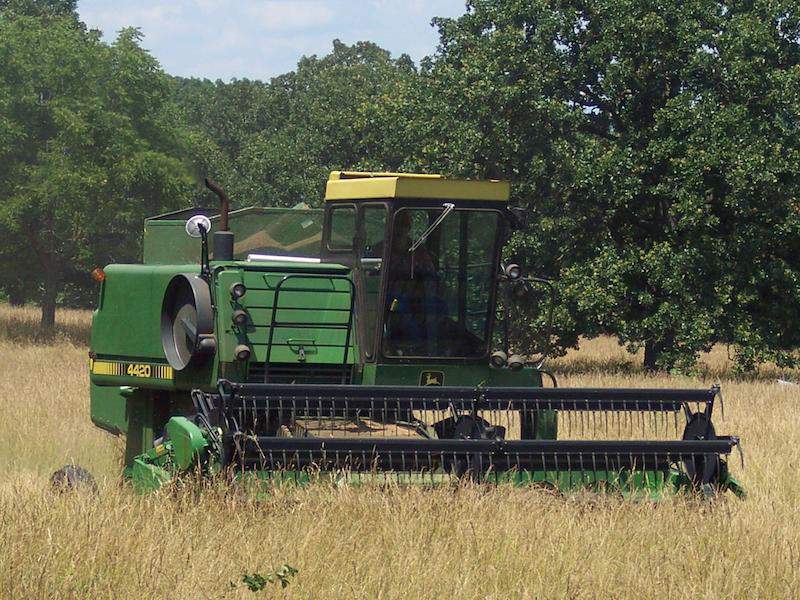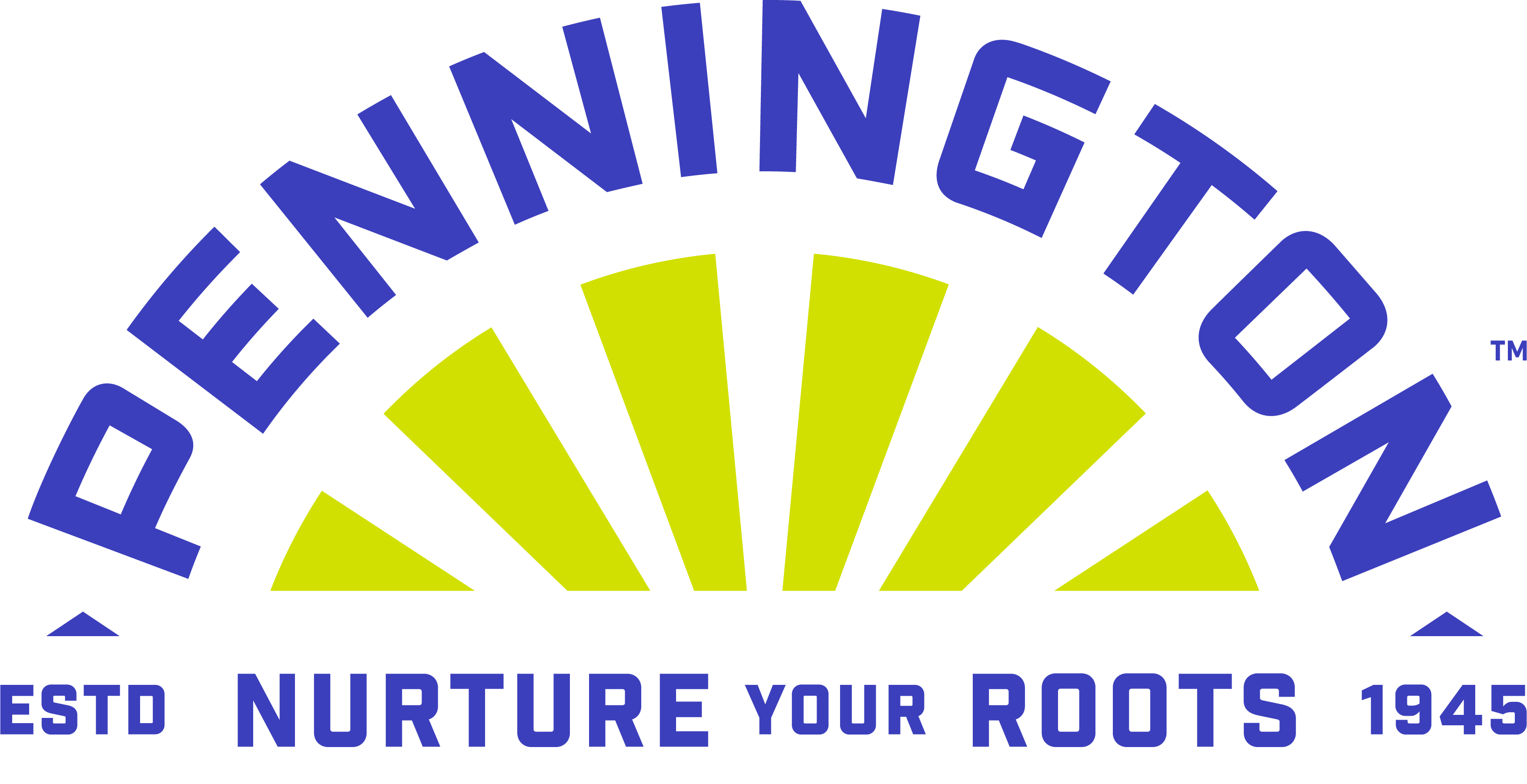Kentucky 31 Tall Fescue Seed Shortage Explained
Since Kentucky 31 tall fescue revolutionized the home grass seed industry with a hand from Penkote technology a half-century ago, homeowners across the United States have turned to this dependable, economical grass seed for durable, low-maintenance lawns. Often referred to as K-31 or KY-31, Kentucky 31 tall fescue has become a staple of the lawn and garden industry. Spring 2018 marks one of the few times that homeowners may not find Kentucky 31 Tall Fescue seed on retail shelves.
Pennington understands the importance Kentucky 31 holds for homeowners and grass seed retailers. The following information can help you understand the current KY-31 shortage and what's ahead:
- Background on Kentucky 31 Harvests
- How The Spring 2018 Shortage Came About
- The Impact Across the Seed Industry
- What Pennington Is Doing to Help

Background on Kentucky 31 Harvests
Though Kentucky 31 tall fescue seed is grown in Oregon and a few other states, Missouri is the heart of the nation's KY-31 production. More than two-thirds of all KY-31 seed grown in the United States comes from the fields of Missouri farmers. Historically, Missouri KY-31 production regularly outpaces demand, keeping supplies plentiful and prices low.
Missouri seed farmers balance raising cattle, growing traditional crops and producing Kentucky 31 seed, all while facing the challenges of unpredictable Midwest weather. In Missouri, hailstorms and last-minute windstorms can steal a seed crop in a single strike. Fields that look fine one day can be lost to high winds the next. Even when weather and growing conditions align for optimal seed production, farmers only have a two- to three-week window, right before the Fourth of July, to capture the KY-31 seed harvest.
A normal Missouri harvest of Kentucky 31 typically yields between 50 and 60 million pounds of quality KY-31 tall fescue grass seed. Above-average years yield much more. In 2013, Missouri farmers saw the largest Kentucky 31 seed harvest in 15 years. Perfect weather conditions for seed production combined with ideal harvest conditions, and Missouri farmers produced a crop that far surpassed normal yields. Industry estimates put the 2013 Missouri harvest at nearly 85 million pounds of KY-31 tall fescue seed.

How The Spring 2018 Shortage Came About
Some fluctuations in annual seed production are normal. With Kentucky 31, smaller Missouri harvests in any given year have historically always been followed by normal or above-average harvests. Though annual production may vary, seed reserves ease pressure on seed supplies. Availability remains constant, and consumers and retailers never see or feel the variances in KY-31 seed from year to year.
In the years following 2013's large harvest, Missouri farmers continued to grow KY-31 as they always had. But from 2014 through 2016, difficult weather stood in the way of bountiful KY-31 crops. Despite the efforts of experienced Missouri seed farmers, three consecutive seed harvests each averaged roughly half a normal year's crop. Even so, national seed industry analysts predicted a normal 2017 Missouri harvest. Some estimated an excess of 40 million pounds of KY-31 seed. Oregon growers even planted less tall fescue seed than in previous years.
However, the 2017 KY-31 harvest didn't turn out the way seed analysts planned. Missouri farmers experienced record-breaking winter drought coming into 2017, registering the driest February ever recorded for the state. The challenging winter was followed by wild fluctuations in spring temperatures, heavy rains, and a windstorm that knocked out the first – and biggest – wave of harvestable KY-31 seed.
The combination was devastating for the Midwest K-31 crop. Going into June 2017, the Missouri harvest was still expected to hit 40 million pounds. But when the final harvest came, 2017's production topped out at an estimated 20 million pounds of seed – the smallest Missouri K-31 crop on record. Compounded by the small harvests since 2013, a nationwide K-31 tall fescue seed shortage is now underway.
The Impact Across the Seed Industry
2017's record-low harvest has far-reaching effects for seed retailers and the homeowners they serve. In a typical year, about 25 to 30 percent of all grass seed sales happen in the fall. Fall 2017 was no exception. Regular fall sales reduced the already small supply of Kentucky 31, leaving only a fraction of the quantity normally available for spring sales. Nationwide, Kentucky 31 tall fescue seed is selling out.
With grass seed, as with other commodities, higher prices result when low supply meets high demand. Across the seed industry, at wholesale and retail levels, Kentucky 31 seed prices are expected to rise significantly. Consumers may find KY-31 in very short supply or entirely missing from retail shelves. It's possible that other tall fescue seed products will see higher prices as well, because past KY-31 surpluses helped hold down seed prices overall.

What Pennington Is Doing to Help
Kentucky 31 grass seed is an important product for Pennington, its seed farmers and its customers. Despite this season's short supply, KY-31 seed isn't on its way out. Pennington remains committed to Kentucky 31 tall fescue, the Missouri farmers that grow it, the retailers that sell it, and the homeowners that turn to KY-31 for their lawn.
To offset the impact of this year's shortage, Pennington is introducing an economical alternative to help fill the temporary Kentucky 31 void. Pennington Tall Fescue Blend provides an appropriate, economical replacement for Kentucky 31. The three turf-type tall fescue varieties in this new blend combine the traditional strengths of tall fescue with improved texture, richer color and lower growth.
As industry-wide price increases narrow the gap between KY-31 and other tall fescue retails, consumers may move into premium products as well. Water-conserving Pennington Smart Seed Tall Fescue grass seed provides numerous benefits, including water savings of up to 30 percent year after year compared to ordinary grass seed.
As 2018 begins, the outlook for this year's Missouri KY-31 harvest is good. Kentucky 31's seed-producing tillers form in the fall of the year. Unlike the dry fall that preceded 2017's small harvest, weather this past fall was warm and wet. Those are good conditions for future seed production. Though the stage is set for a good 2018 harvest, the lack of seed reserves means that continued good weather is essential to future Kentucky 31 supplies. Missouri KY-31 farmers and Pennington are optimistic and ready to help meet the nation's KY-31 needs.
As a leader in the grass seed industry for more than three generations, the Pennington name has become synonymous with quality grass seed, honesty and integrity. Pennington has cultivated the trust of farmers, seed retailers, lawn professionals and homeowners alike. Pennington is committed to providing you with the finest grass seed possible, and Kentucky 31 tall fescue remains a part of that plan.
Pennington and Smart Seed are trademarks of Pennington Seed, Inc.




